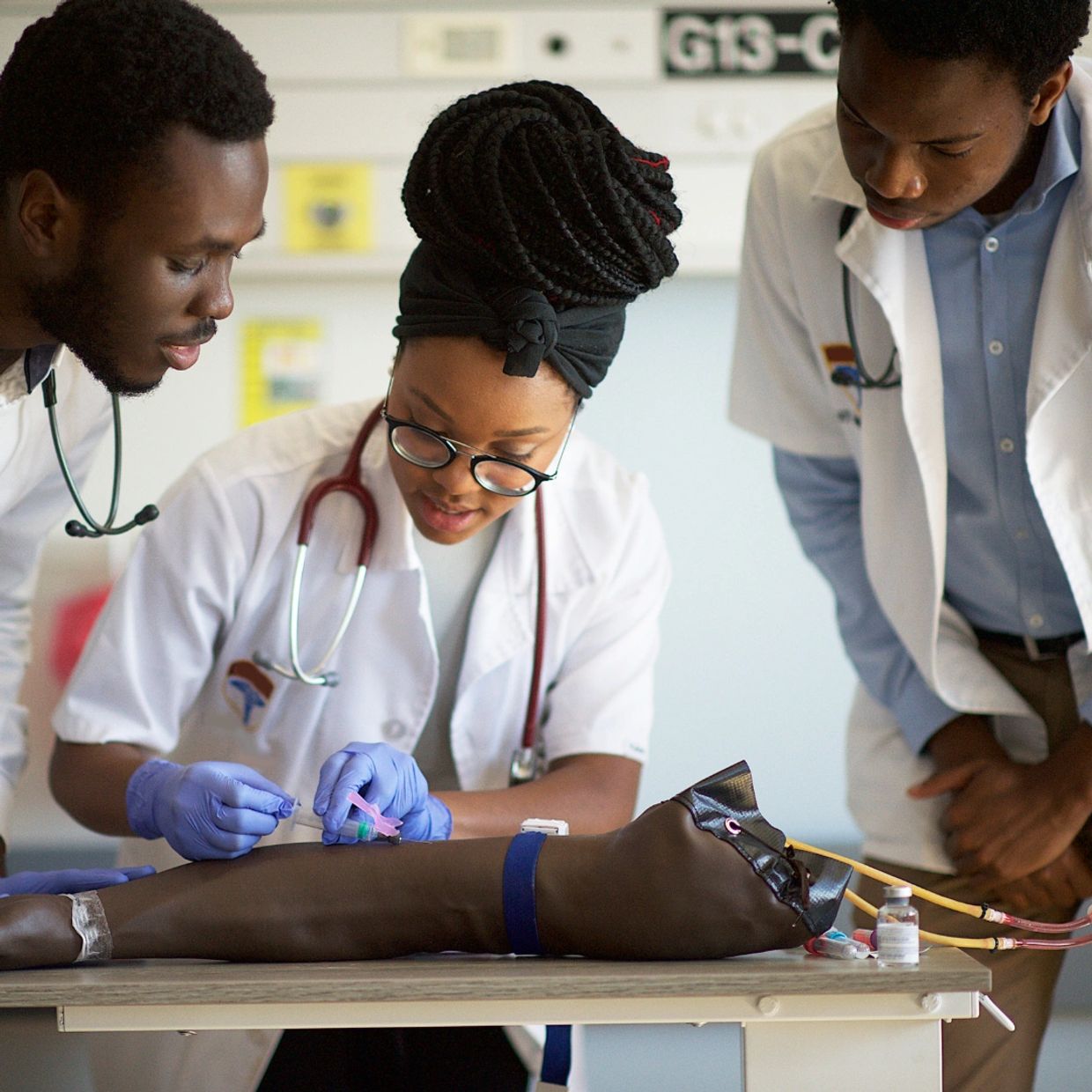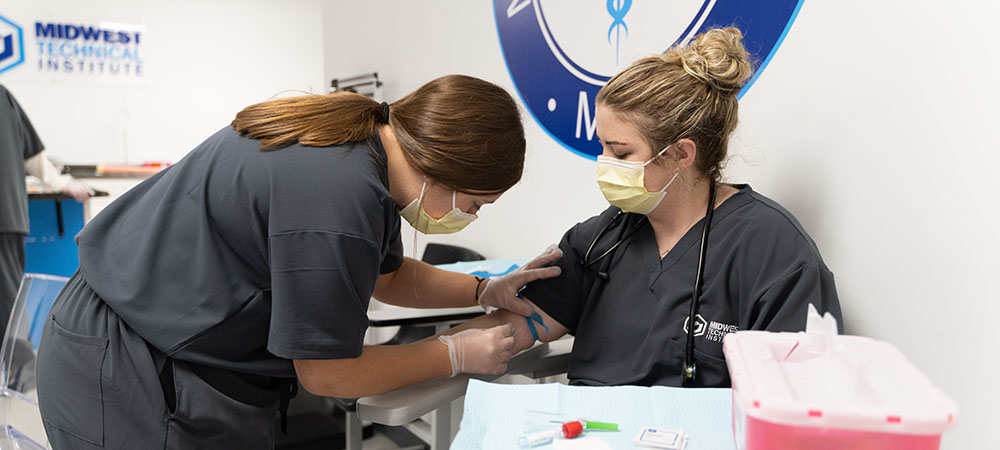Northeast Medical Institute CNA Training Stamford: Specialist Direction for Aspiring CNAs
Important Elements to Think About When Choosing the A Lot Of Appropriate Medical Institution Educational Program for You
Picking the most suitable clinical college educational program is a pivotal decision that can considerably influence your instructional trip and future career course. As aspiring clinical professionals, the option of curriculum should straighten with your personal learning design and occupation goals.
Personal Learning Design

Medical colleges that use diverse mentor techniques and resources can suit different finding out designs, cultivating a comprehensive and dynamic academic setting. Ultimately, understanding individual understanding choices equips trainees to make enlightened decisions concerning their clinical education and learning, setting a strong structure for their future occupations in medical care.
Career Goals Alignment

Moreover, straightening job purposes with the medical college curriculum can also boost inspiration and interaction throughout the academic journey. They are much more likely to stay devoted and concentrated to their research studies when pupils see the straight relevance of their coursework to their future profession. For that reason, when selecting a clinical school curriculum, it is essential to very carefully take into consideration just how well it lines up with one's job goals to ensure a successful and fulfilling professional course.
Teaching Methods
Taking into consideration the positioning of occupation goals with the selected medical institution educational program, an examination of the training techniques used ends up being essential fit the discovering experience. The efficiency of a medical college curriculum greatly relies on the training methods utilized by the institution. Various mentor techniques, such as talks, tiny seminar, problem-based learning, simulation-based training, and hands-on professional experience, can considerably influence exactly how well trainees retain and comprehend information.
Simulation-based training permits students to practice clinical skills in a regulated setting prior to communicating with genuine clients. Hands-on clinical experience supplies a firsthand understanding of person treatment and clinical practices.
When selecting a medical institution curriculum, aiming pupils need to take into consideration the training approaches used to guarantee that their understanding preferences and staminas straighten with the educational click this link strategy of the establishment.
Educational Program Flexibility
When evaluating clinical school programs, analyzing the level of educational program flexibility is essential for possible trainees looking for a customized instructional experience. Curriculum flexibility refers to the degree to which students can personalize their learning paths within the clinical college curriculum. A curriculum that provides versatility allows students to pursue their rate of interests, focus on areas where they require extra support, and engage in finding out experiences that straighten with their occupation goals.

Potential medical students ought to think about exactly how a medical college's curriculum flexibility lines up with their knowing preferences, profession aspirations, and personal goals. By selecting a program that uses the right equilibrium of structure and versatility, students can enhance their educational experience and prepare themselves for effective professions in medication.
Medical Exposure Opportunities
Checking out the practical application of medical understanding, scientific direct exposure opportunities play an essential role in shaping a comprehensive clinical education. These opportunities supply pupils snhu mba with important hands-on experience in real healthcare settings, allowing them to connect the space in between theory and technique. When thinking about medical college curricula, the high quality and amount of scientific direct exposure should be thoroughly evaluated.
Reliable scientific direct exposure needs to provide a varied series of experiences across different specializeds, guaranteeing that students are exposed to different medical situations and patient demographics. Exposure to outpatient clinics, inpatient wards, medical movie theaters, and emergency situation departments can assist pupils develop a well-shaped understanding of various elements of health care delivery. Additionally, chances for community-based treatment and communications with underserved populations can cultivate a much deeper gratitude for the social components of wellness.
Additionally, the existence of encouraging professors and mentors throughout these clinical experiences can considerably boost the understanding procedure. Faculty support and positive responses can assist trainees review their scientific encounters, determine areas for renovation, and enhance their medical skills and decision-making capabilities (Northeast Medical Institute CNA Classes Near me Stamford). Overall, durable professional exposure possibilities are important for preparing future medical professionals to supply quality individual care successfully
Conclusion
Finally, when choosing a clinical school educational program, it is necessary to consider ucd online courses your individual knowing style, placement with career objectives, educating methodologies, educational program flexibility, and clinical direct exposure possibilities. These variables play an essential role in identifying the most appropriate program for your specialist and educational growth. Make certain to thoroughly review each element to make an educated choice that will best support your development in the clinical field.
Understanding one's individual learning design is vital when picking a medical college educational program. By identifying one's finding out design early on, aspiring medical pupils can tactically choose an educational program that caters to their strengths, eventually boosting their understanding experience and academic success.
When examining medical college programs, evaluating the level of educational program flexibility is crucial for prospective pupils seeking a customized academic experience. Educational program flexibility refers to the level to which students can customize their discovering paths within the medical college curriculum.In verdict, when choosing a medical school educational program, it is vital to consider your personal discovering style, alignment with occupation objectives, educating approaches, educational program adaptability, and professional direct exposure possibilities.